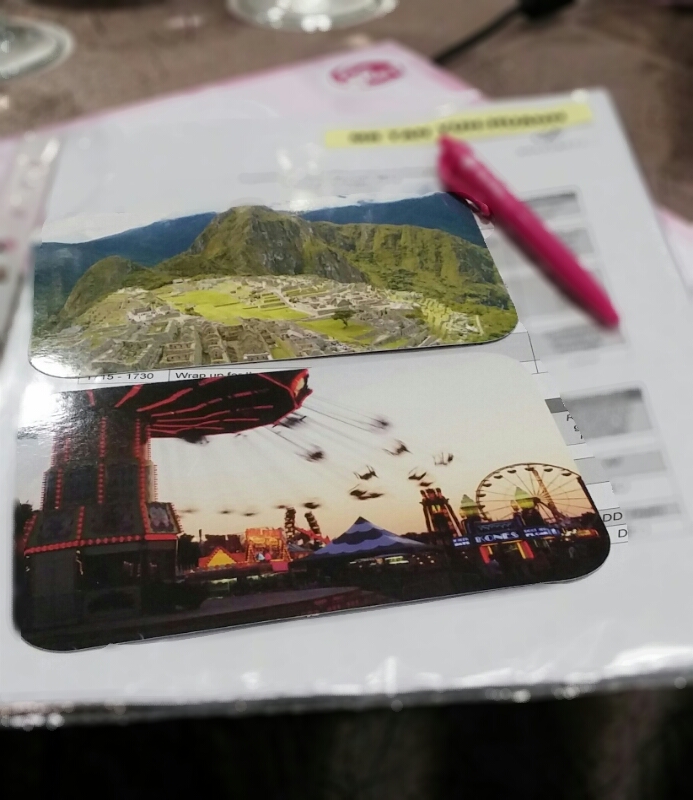i believe there is no absolute answer to this, but it is a common argument between qualitative vs. quantitative researchers in the field of education. was reading Chapter 17 on Case Study, and saw the following sentence:
“…in the study of human affairs, there appears to exist only context-dependent knowledge, which thus presently rules out the possibility for social science to emulate natural science in developing epstemic theory, that is, theory that is explanatory and predictive.” (Bent Flyvbjerg, 2011, p.302)
source: Flyvbjerg, B. (2011). Case study. In Denzin, N. K., & Lincoln, Y. S. (Eds.), The SAGE handbook of qualitative research (4th ed., pp. 301-316). Thousand Oaks, CA: SAGE Publications.
this view basically represents my (world)view of our learners, as a teacher and teacher educator. every person has an unique sociocultural-historical background. while our individual experiences may overlap, it is unique from person-to-person, either as a learner or as a person. we are not factory products that can be standardised nor serial-numbered. in short, claiming representations or meanings in numbers where learners are concerned, is probably short of the full-er story.

(acknowledgement: photo by pompi)

